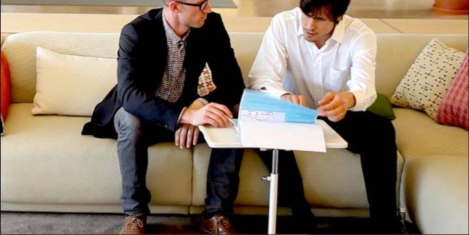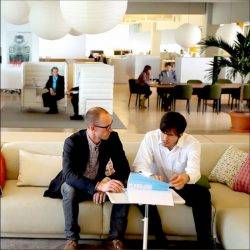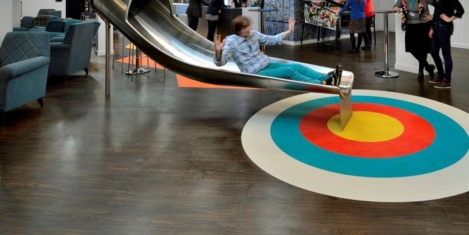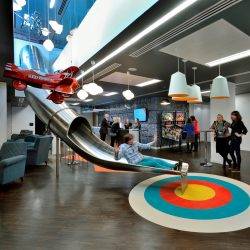January 14, 2019
Tackling mental ill health in the workplace requires changes at the top
 The collective effort to improve mental health awareness has gained real momentum in recent years and in the workplace there’s growing recognition that mental wellbeing among employees is good for business. But the way we’re working – the ‘always on’ culture, innovation moving at breakneck speed, and a global workforce operating 24/7 – is creating a mental burden among employees that is generating more mental health challenges. According to the City Mental Health Alliance, 44 percent of employers are seeing an increase in reported mental health concerns. Our own research of international business leaders has also shown that two thirds of them have suffered from mental health conditions. This is not only worrying for the individuals but problematic for the wider business, as culture is driven from the top.
The collective effort to improve mental health awareness has gained real momentum in recent years and in the workplace there’s growing recognition that mental wellbeing among employees is good for business. But the way we’re working – the ‘always on’ culture, innovation moving at breakneck speed, and a global workforce operating 24/7 – is creating a mental burden among employees that is generating more mental health challenges. According to the City Mental Health Alliance, 44 percent of employers are seeing an increase in reported mental health concerns. Our own research of international business leaders has also shown that two thirds of them have suffered from mental health conditions. This is not only worrying for the individuals but problematic for the wider business, as culture is driven from the top.

































January 22, 2019
A four hundred year old guide to ergonomics that still rings true today
by Mark Eltringham • Comment, Workplace design
(more…)